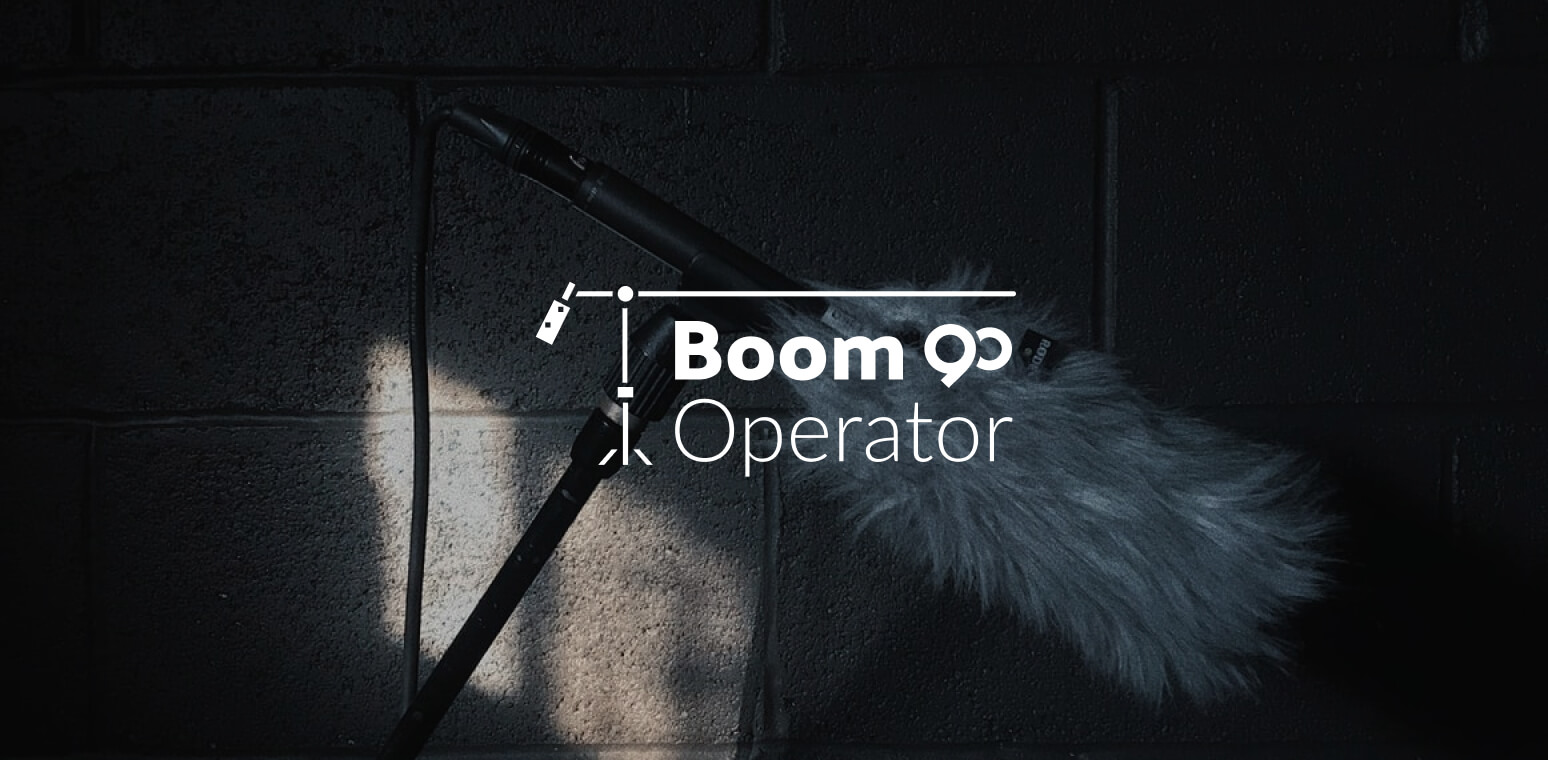Hi,
Get in touch with us today to chat about your next project.

A boom operator works to assist the production sound mixer on the set of television, film and music video productions.
They are primarily responsible for operating the boom microphone but also work with other sound recording equipment on set.
Boom microphones are available in either a hand-held design that is attached to a long arm or a dolly mounted design that is attached to a moving platform. When radio or clip microphones are required for a scene, boom operators are responsible for positioning the microphones correctly around the set and on the actor’s clothing.
They also work closely with the sound mixers to capture the best quality dialogue and sound effects possible. When this is done well on-set, a great deal of the budget can be saved by avoiding re-recording dialogue at a later stage in production.
The boom operator is also responsible for all of the sound equipment used on set and must make sure that it is in good working order, repairing equipment as needed.
The main role of any boom operator is to operate the boom microphone and ensure that all audio is recording properly.
They must also work with the sound mixer to make sure that all microphones used on set are positioned for optimal sound recording.
If any changes are needed on set or equipment fails, the operator is responsible for fixing the issue so production can continue.
Operators need to be very familiar with the script, characters and any changes to dialogue throughout the production of the film.
All members of the sound department must arrive at least 30 minutes before call time to familiarize themselves with the set and set up their equipment.
They must also memorize all of the lines for each scene and anticipate when to move the boom during filming.
Boom operators must stay on the film set virtually all day and need to be able to work closely with the camera crew to coordinate their movements on set.
They are often required to move slightly during filming because of specific lighting or camera angles, so they must be flexible, alert and versatile.
In turn, they may also make similar requests of camera operators and other crew members to preserve sound quality on set.
During rehearsals, boom operators are responsible for carefully taking note of the planned camera movements and any special lighting requirements. If a microphone accidentally falls into a shot or casts shadows during filming, production for the day will be set back and reshoots may be necessary.
The hours required are often long and physically demanding, so being aware of the different shots, camera angles and the needs of the sound mixer are very important.